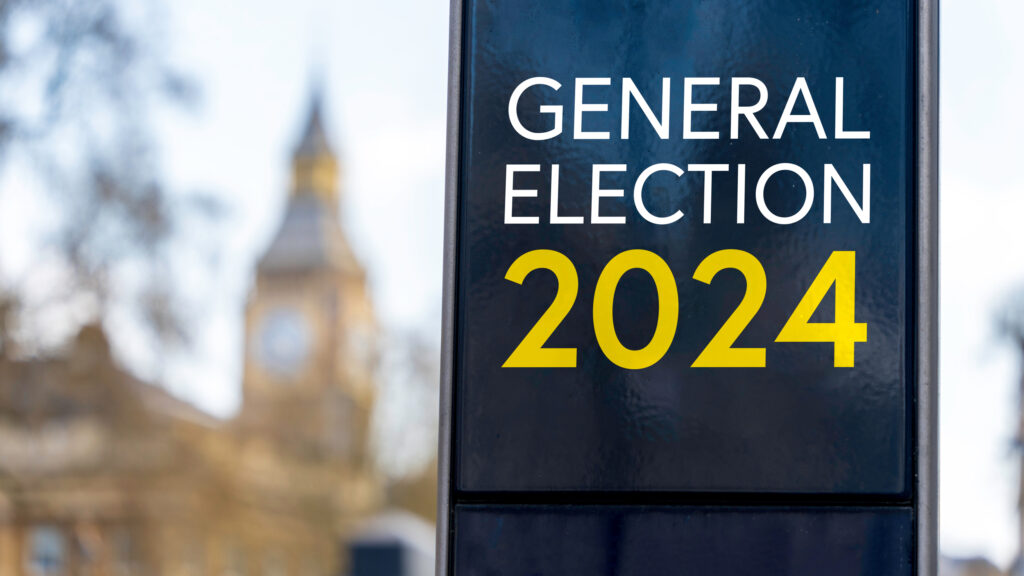Editor’s View: Less output, more profit. Sounds good to me
 © Adobe Stock
© Adobe Stock Yield is king. That has long been the mantra for arable and livestock farmers from times past, when there was a government payment for every tonne, beast or litre produced, as well as a reward from the market.
Even when output payments gave way to area payments, the mantra largely remained.
Greater output meant improved productivity and profitability. Yet it is not the only way to chase down the highest profit for a business, with high output also often requiring high – and increasingly costly – inputs.
See also: Organic grassland farm seeks £73/ha profit lift with less output
The best margin nowadays is frequently found somewhere underneath maximum output, and beef and sheep farmers Graham and Michael Rutherford tell reporter Michael Priestley about their embrace of this approach in this week’s Livestock section.
They have been looking at how to adjust their business to deliver its maximum sustainable output – the amount of stock that can be reared from natural resources.
This is forecast to increase their farm’s profitability, particularly vital for English farmers with a diminishing support payment.
Here then, at least on paper, is a win-win. More money in a farmer’s pocket and less exposure to the ever-rising cost of inputs. But I suspect you are thinking three things…
First, some of you will still be doing very nicely from high output businesses, and that’s fine.
Second, this is a lot harder to achieve on a small farm and still maintain a viable income.
Third, if a big segment of farms decided to reduce output, what are the implications for domestic food production?
Perhaps farmgate prices would rise further, as we have seen in recent years due to the dwindling beef herd.
Perhaps, if demand remains constant and supplies are declining, it would simply drag in more imports if they’re available, which may have implications for food security.
Yet that is the government’s problem, not ours.
We do not expect any other segment of private enterprise to take heed of the national interest over and above the imperative to maintain a business with healthy profit, so why should farmers?
Labour – which was predicted to win by a landslide as Farmers Weekly went to press – has issued warm but vague words on supporting food and farming.
Only in power will its choices be truly revealed.
Amid all the problems that it will inherit will be how to continue the taper of cuts to the dwindling delinked payments (formerly BPS).
English farmers are scheduled to receive their last payment in 2027, but we have no insight into the pace at which the cuts will be imposed.
Much has been said about how the loss of money will endanger farms that are unprofitable or only marginally profitable without it.
Less has been said about how it will change the risk appetite for farms that no longer fancy spending a lot to chase a big output without a BPS to bail them out if it goes wrong.
What’s remarkable is that some, like the Rutherfords, may end up better off as a result.
